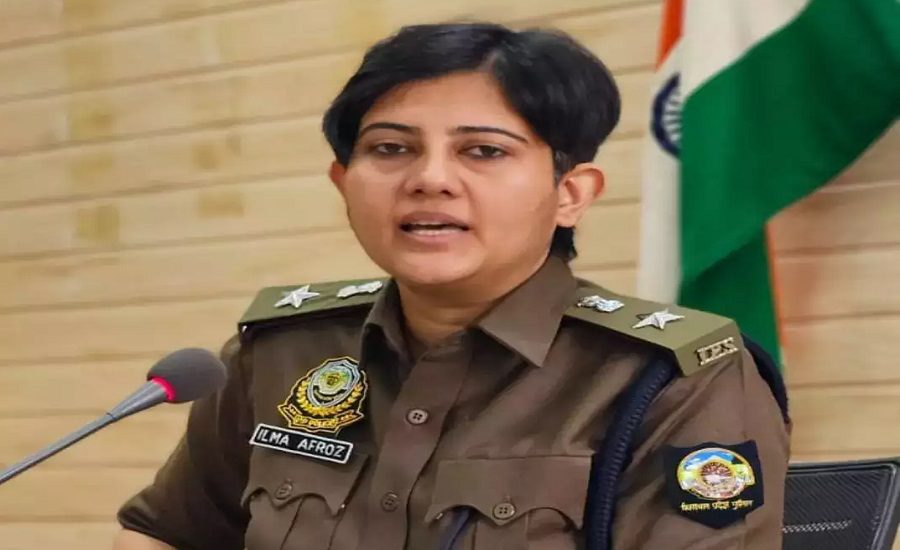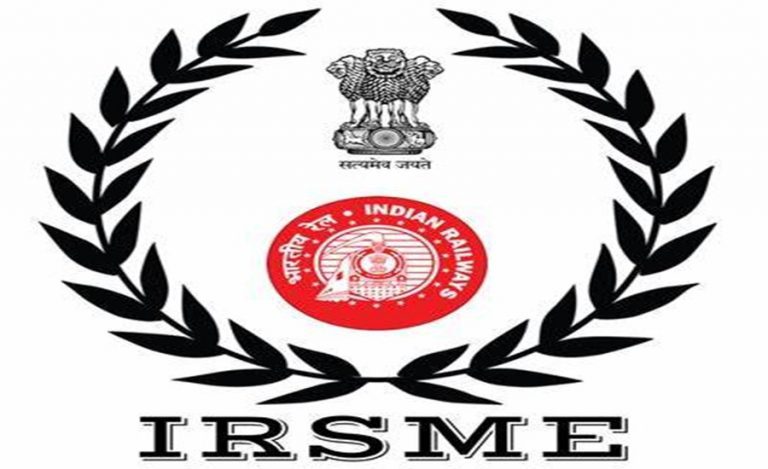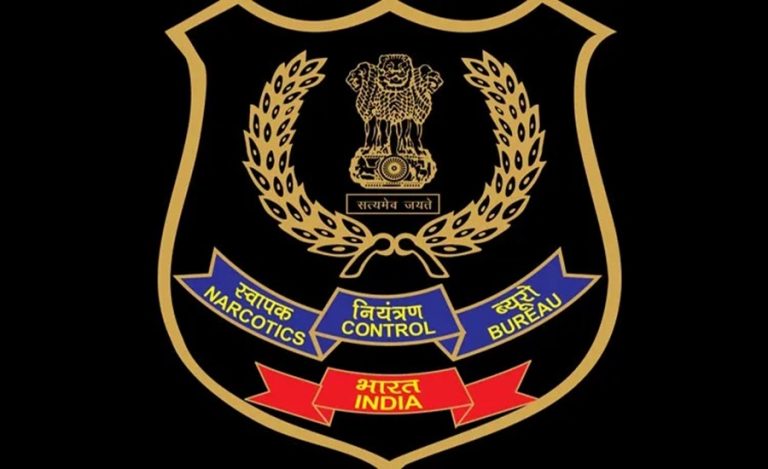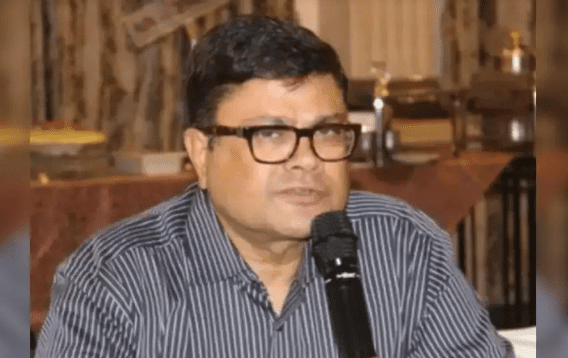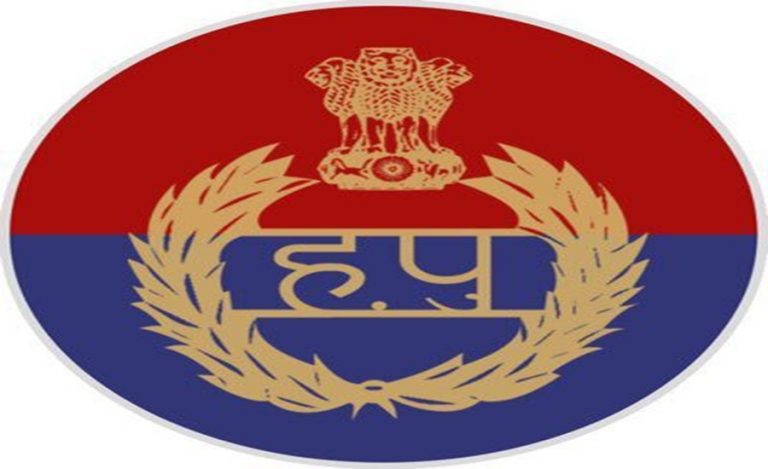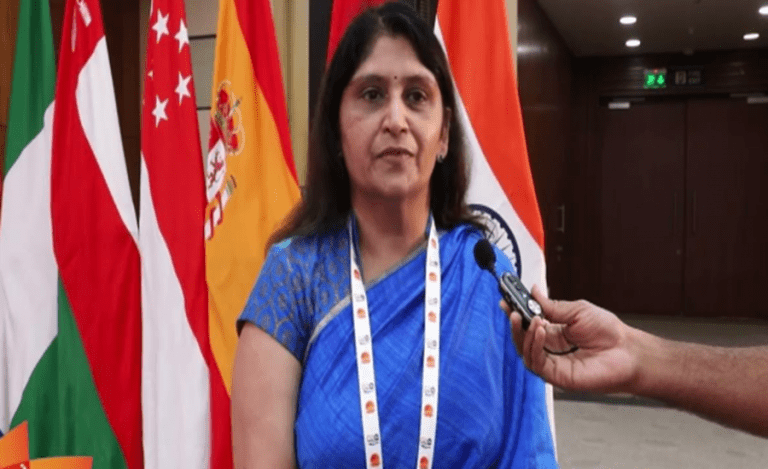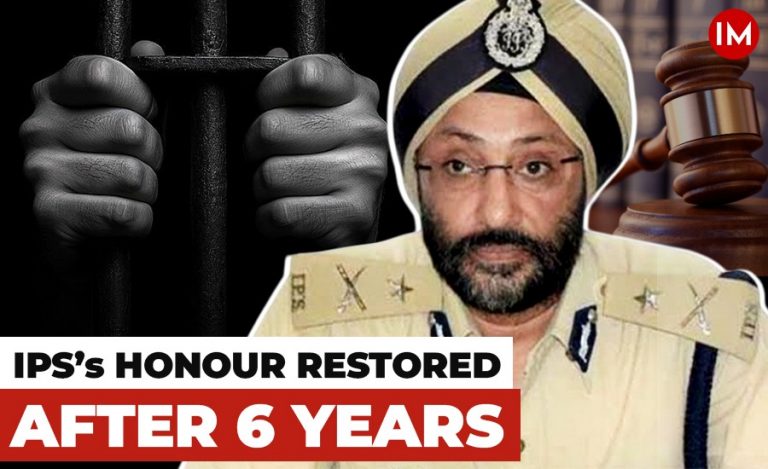Ilma Afroz, a young and dedicated IPS officer from the 2018 batch of the Himachal Pradesh cadre, is facing a harsh reality after her decision to stand firm against political pressure led to her being sent on long leave by the Himachal Pradesh government.
The Incident:
Afroz, who is currently serving as the Superintendent of Police (SP) in Baddi, a town in western Himachal Pradesh, found herself at the center of a political storm when she took action against illegal mining activities in the region. In response to a complaint, she issued a challan (fine) to the vehicles belonging to the wife of MLA Ram Kumar Chaudhary, who is reportedly linked to the illegal mining operations. This move, which was based on her professional duty, triggered significant political fallout.
Political Backlash:
Reports suggest that her action led to a Breach of Privilege motion being raised against her in the Himachal Pradesh Assembly. In a dramatic turn of events, Ilma Afroz was subsequently sent on long leave, a decision widely viewed as a direct consequence of her refusal to buckle under political pressure. The controversy has sparked a debate over the autonomy of officers in the face of political interference.
Background:
Ilma Afroz, originally from a small village in western Uttar Pradesh, had made headlines when she chose to join the Indian Police Service (IPS) over a promising career with the United Nations (UN). Known for her determination and strong sense of duty, Afroz had initially been lauded for her commitment to public service. However, her recent actions have put her in direct conflict with powerful political interests in Himachal Pradesh, leading to her forced leave.
A Bitter Reality:
The decision to send her on leave has raised concerns over the independence of the police force and the challenges faced by officers who try to uphold the law without succumbing to political pressures. Supporters of Afroz argue that she was simply doing her job and following the law, while critics claim that the political establishment is trying to suppress officers who challenge the status quo.
Ilma Afroz’s situation highlights the difficulties faced by honest officers who, despite their best intentions, find themselves caught in the crossfire of political gamesmanship.
Looking Ahead:
As the situation unfolds, there is growing public interest in whether the Himachal Pradesh government will reconsider its decision or if the officer will be reinstated. Afroz’s case underscores the broader issue of political influence on law enforcement, particularly in states where illegal activities often have deep-rooted connections to political power.
This incident may also prompt a larger conversation on police autonomy and the importance of protecting the integrity of officers like Afroz, who are determined to enforce the law impartially, regardless of political affiliations.

